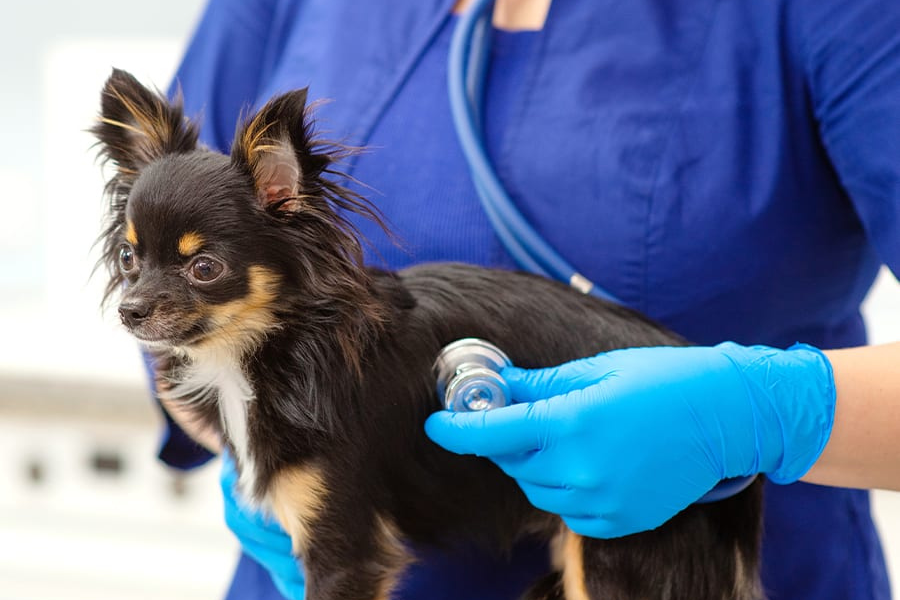What to Do When Your Pet is Sick in Taiwan

When pets become sick in Taiwan, it is important to know the appropriate steps to ensure they receive the best care possible. This guide provides comprehensive information on what to do if your pet gets sick in Taiwan.
1. Recognize symptoms early

Early recognition of signs of illness in your pet is essential. Common symptoms include:
– Loss of appetite
– Lethargy or unusual fatigue
– Vomiting or diarrhea
– Change behavior
– Cough or difficulty breathing
Closely monitor any changes in your pet’s normal behavior and note specific symptoms.
2. Find a veterinarian

Taiwan has a wide variety of veterinary services, from small local clinics to larger veterinary hospitals. Here’s how to find the right veterinarian:
– Online research: Use online resources like Google Maps or specialized platforms like PetBacker to locate nearby veterinary clinics.
– Expat community: Join local expat groups on Facebook or other social media platforms to get recommendations from other pet owners.
– Ask the locals: If you know Taiwanese friends or neighbors who have pets, ask them for introductions.
3. Make an appointment

Once you have identified a veterinarian, call to schedule an appointment. Explain your pet’s symptoms in detail to ensure they understand the urgency of the situation.
4. Prepare for the tour
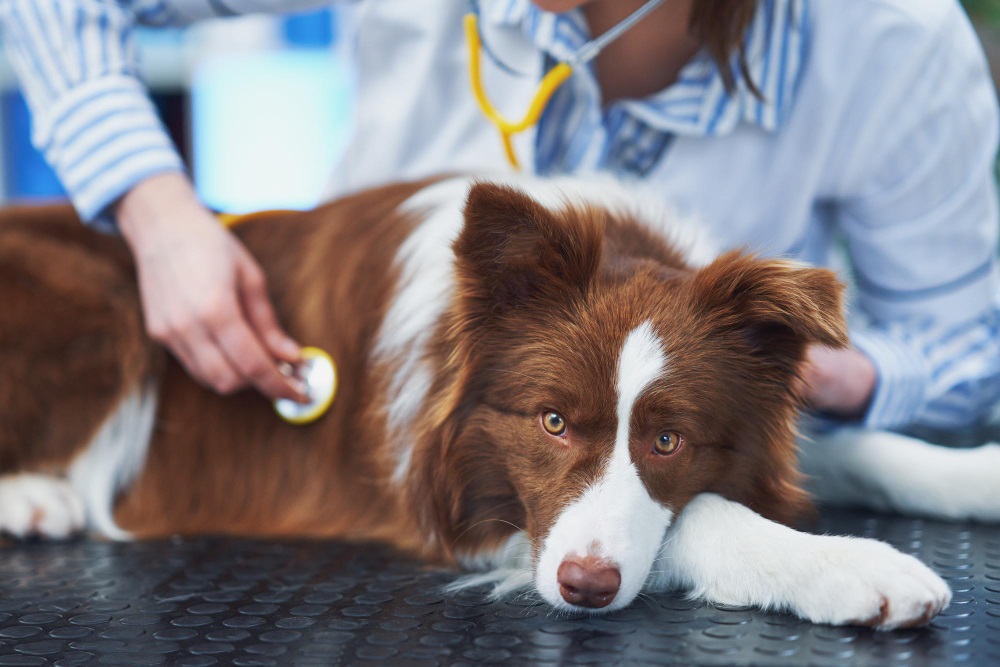
Before going to the vet, prepare the following:
– Pet’s medical history: If you have any records of vaccinations, treatments or previous illnesses, bring them with you.
List of symptoms: Write down all observed symptoms, including when they started and any changes over time.
– Transporting your pet: Use a small pet-safe cage or a dog leash. Make sure your pet is comfortable and safe throughout the journey.
5. During a veterinary visit
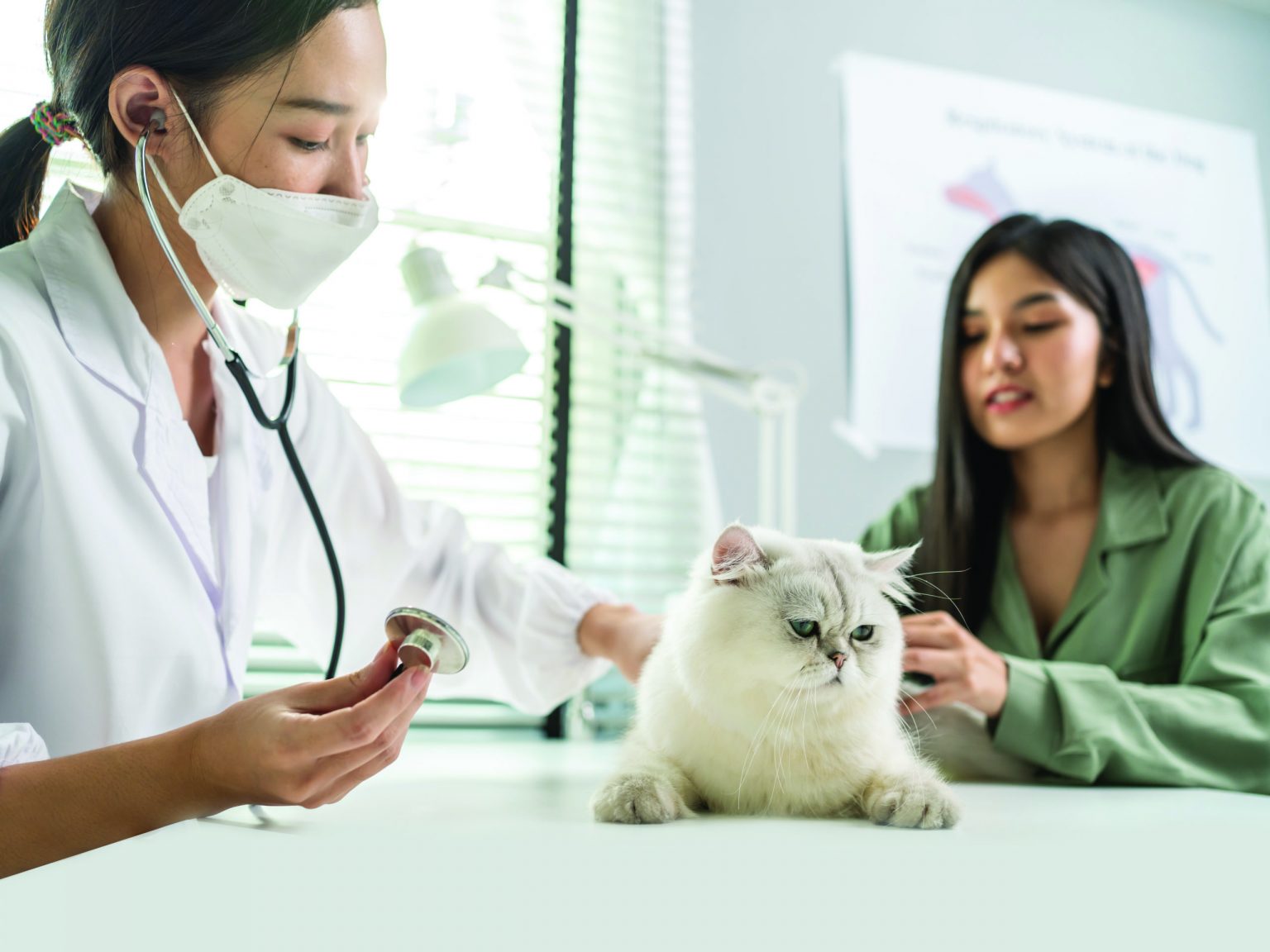
When you go to the vet:
– Communicate clearly: Explain symptoms and any relevant history to the veterinarian.
– Follow instructions: Pay attention to your veterinarian’s advice and instructions in diagnosis and treatment.
6. Find out the diagnosis

If your pet is diagnosed with a disease, make sure you understand:
– Nature of the disease: Ask for detailed information about the diagnosis.
– Treatment options: Discuss all available treatment options, including potential side effects and costs.
– Follow-up care: Find out if your pet needs follow-up exams or ongoing treatment.
7. Medication and treatment
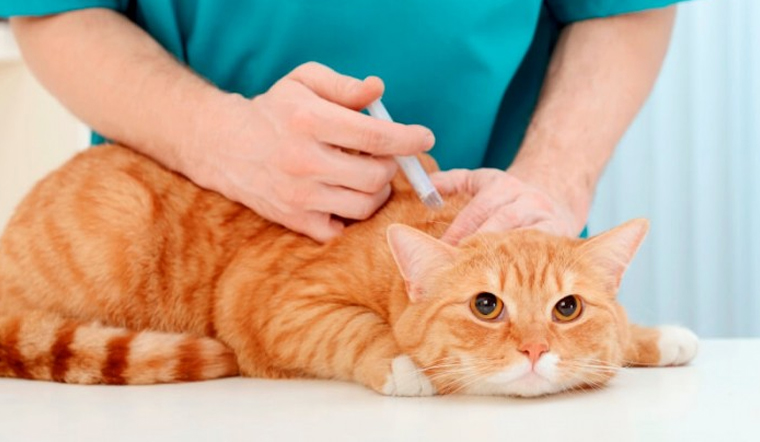
If your pet is prescribed medication:
– Instructions for use: Make sure you understand how to use the medicine properly.
– Monitor reactions: Monitor for any side effects or adverse reactions and report them immediately to your veterinarian.
8. Emergency services

In an emergency, knowing where to go is important:
– 24-hour veterinary hospitals: Identify and maintain contact information for 24-hour veterinary hospitals in your area.
– Emergency contacts: Have a list of emergency contacts, including the nearest veterinary hospital and the veterinarian’s emergency phone number.
9. Pet insurance

Consider purchasing pet insurance, which can help cover the cost of medical treatment and emergencies. Research and choose a plan that fits your needs and budget.
10. Preventive care
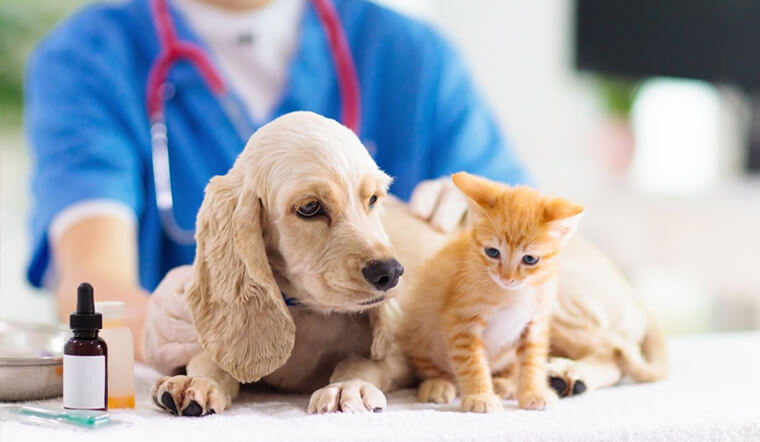
To minimize the risk of illness, make sure your pet receives regular preventative care:
– Vaccinations: Update your pet’s vaccination schedule.
– Regular health exams: Schedule regular health exams with your veterinarian to detect any potential health problems early.
– Healthy diet and exercise: Maintain a balanced diet and regular exercise routine for your pet.
Conclusion
When your pet gets sick in Taiwan, it is essential to act quickly and wisely. Recognize symptoms early, find a reputable veterinarian, and follow recommended treatments and preventative care. That way, you ensure that your beloved pet receives the best possible care and has a better chance of recovering quickly.
More posts you might be interested in:

